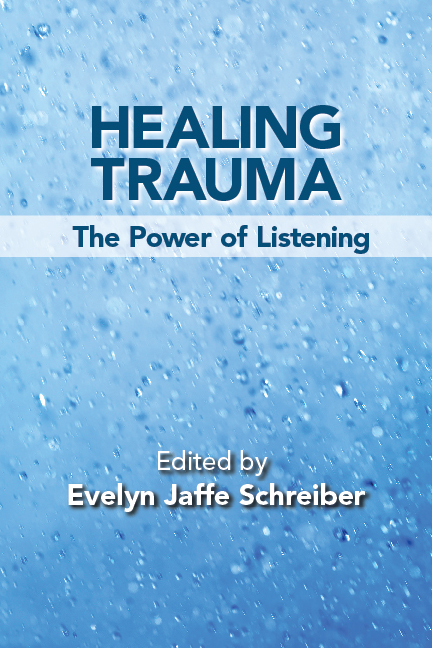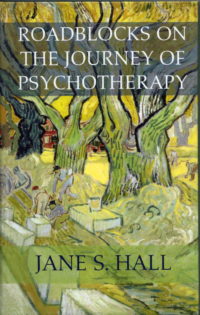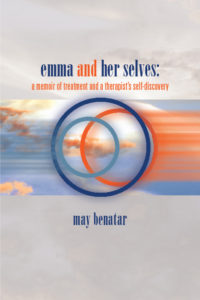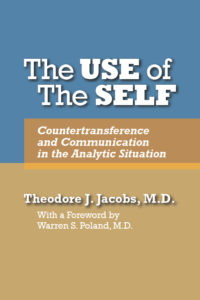Healing Trauma: The Power of Listening Edited by Evelyn Jaffe Schreiber
$35.00
“With a fine blend of history, neuroscience, psychoanalysis, and studies of creativity, Schreiber’s book offers deep and far-reaching insights into the nature of psychic trauma and its long-lasting effects. Healing Trauma addresses the anguish of survivors of the Holocaust, veterans of war, targets of racism, victims of rape, and sufferers of natural disasters. The book’s emphasis upon listening and its fundamentally interdisciplinary approach undergirds ameliorative strategies in this realm. A moving and clinically useful contribution, indeed!”—Salmon Akhtar, MD, Professor of Psychiatry, Thomas Jefferson University.
“A fascinating compendium of articles that look at trauma through a myriad of lenses—existential, neuroscience, history, psychoanalysis, sociology, traumatic stress research literature—these beautifully crafted essays engage the reader throughout. Dori Laub’s research into the importance of witnessing and gathering testimony from victims of severe trauma—whether related to the Holocaust, sexual abuse, or war—to help them create narratives out of what was inchoate pain, is central to so many of the contributors. Research is used as witness in Robert Jay Lifton’s work and so too is literature as in Schreiber’s discussion of Toni Morrison’s fiction. The chapters on brain research help us to better understand the individual and social impact of trauma and how much has been learned in recent years that influences the way clinicians interact with patients. Bringing together a neurobiological and psychological understanding of trauma, Schreiber’s edited volume is an essential book for psychoanalysts who want to have a more thorough understanding of trauma as well as for all those in other disciplines who are interested in the subject.”—Batya R. Monder, MSW, BCD, Training & Supervising Analyst, Contemporary Freudian Society.
“This volume, bringing together eminent thinkers from clinical practice and from university research, offers opportunities for this continued dialogue between scholars and clinicians about this important subject. . . We are particularly lucky to have among our contributors, scholars and clinicians who write with a life-time of thoughtful observant work, particularly Robert Lifton, Art Blank, Cathy Caruth, Francoise Davoine, and Dori Laub.”—From the Preface by Marshall Alcorn, Ph.D., Professor of English, The George Washington University; Faculty, The Washington Center for Psychoanalysis and Arthur Blank, Jr. MD, Clinical Professor of Psychiatry, The George Washington University; Faculty, Washington Center for Psychoanalysis.
In stock




